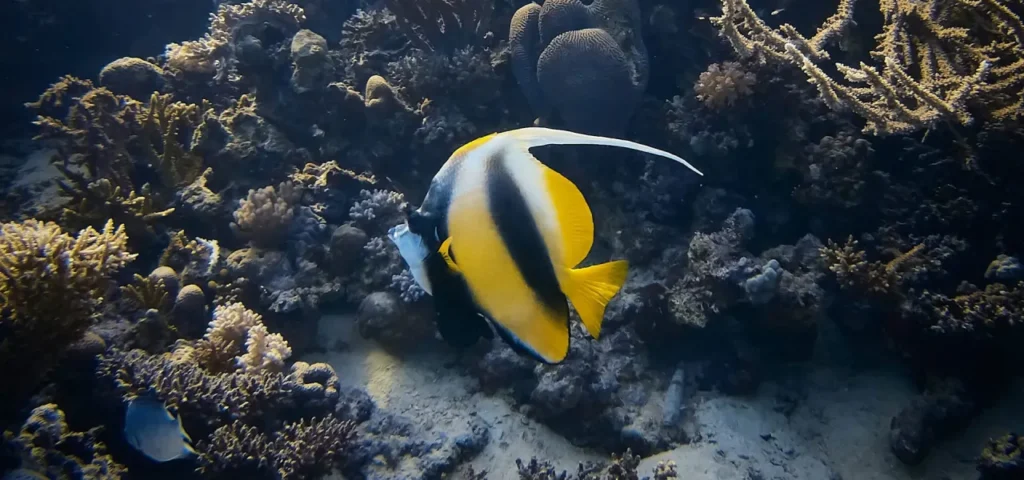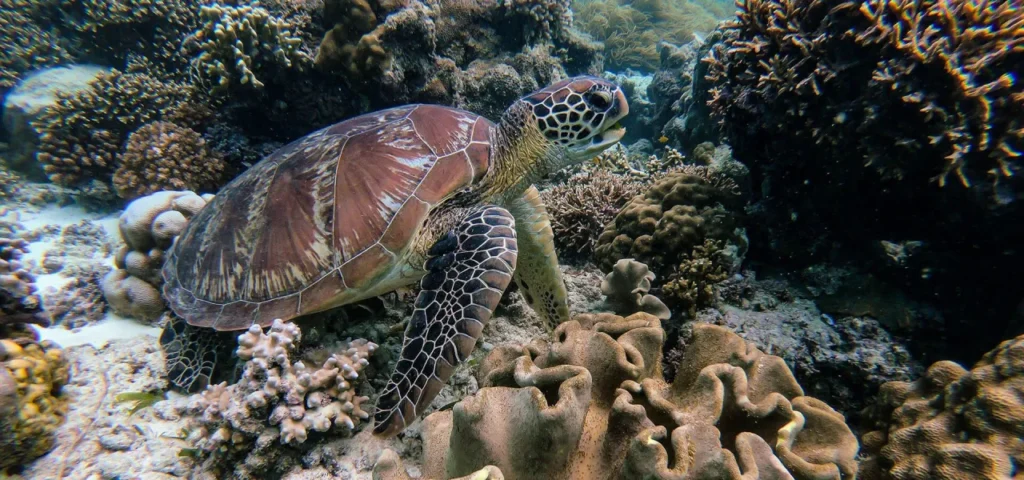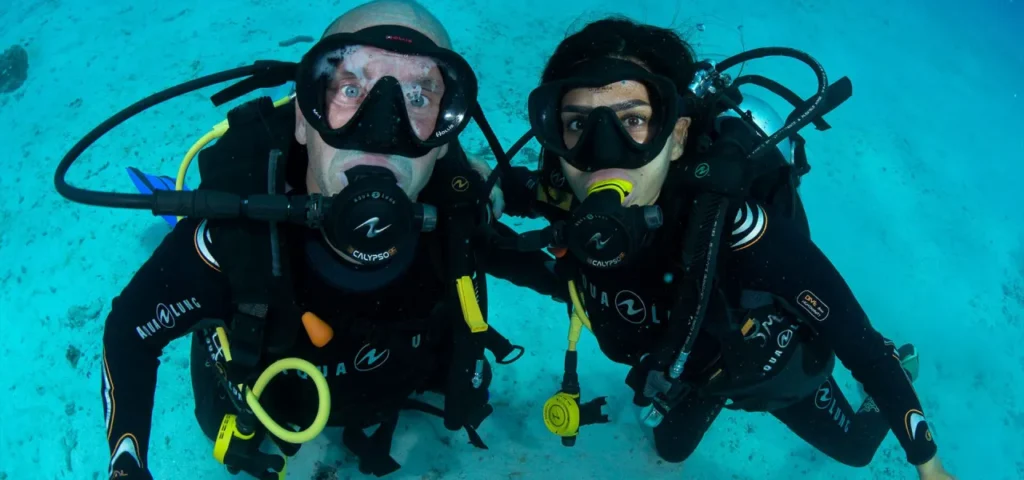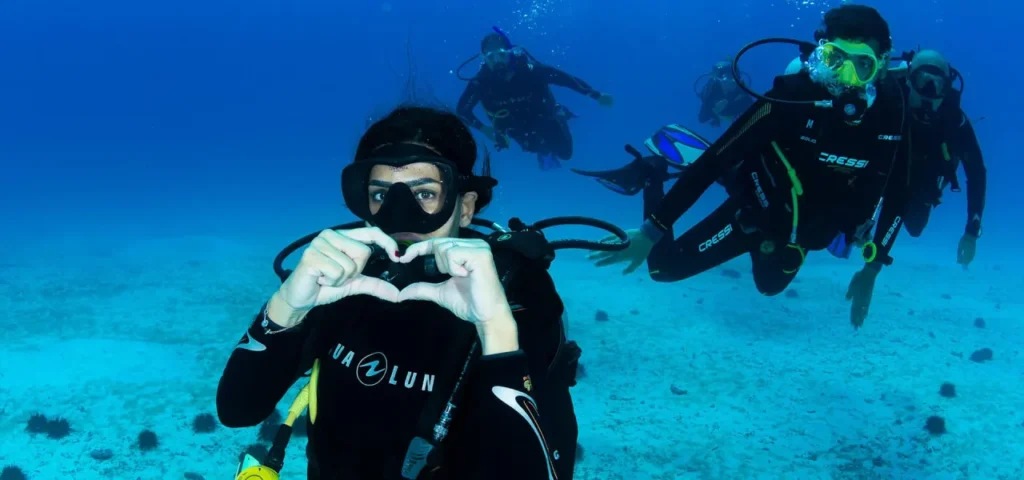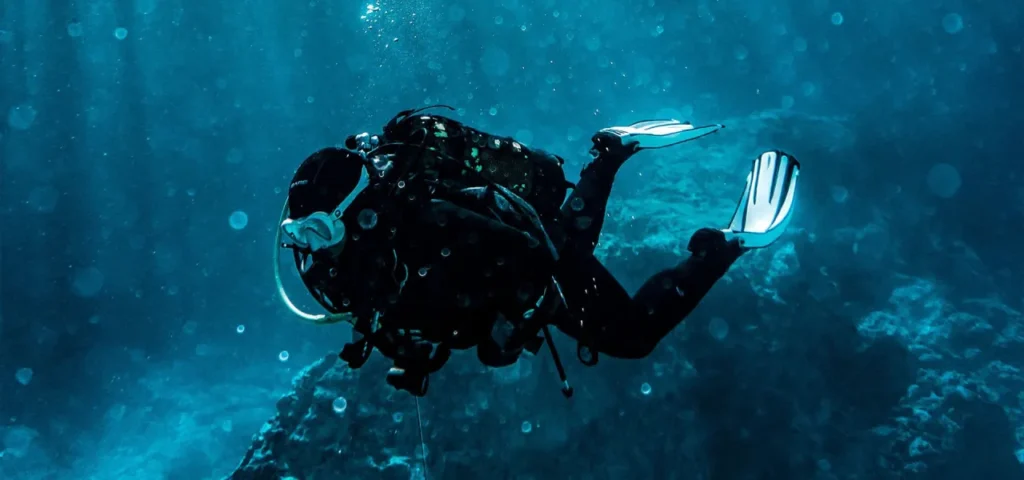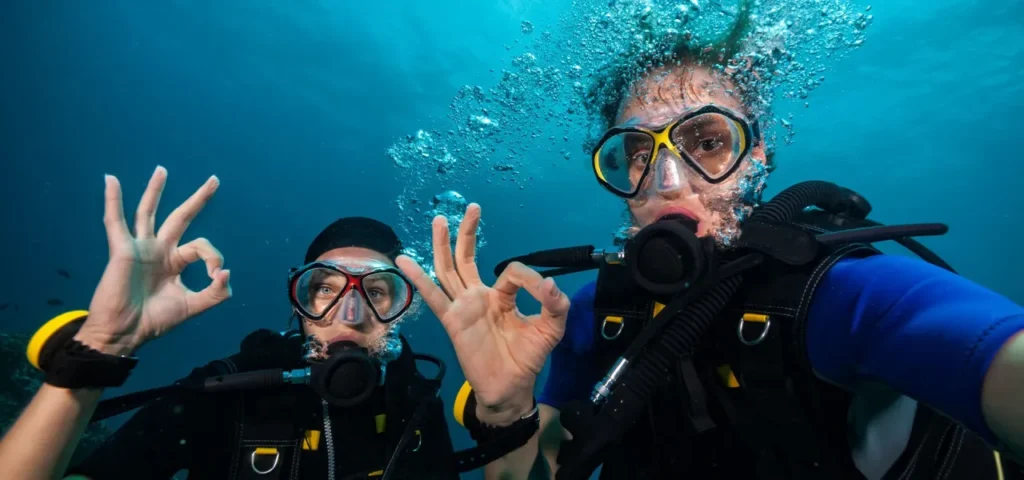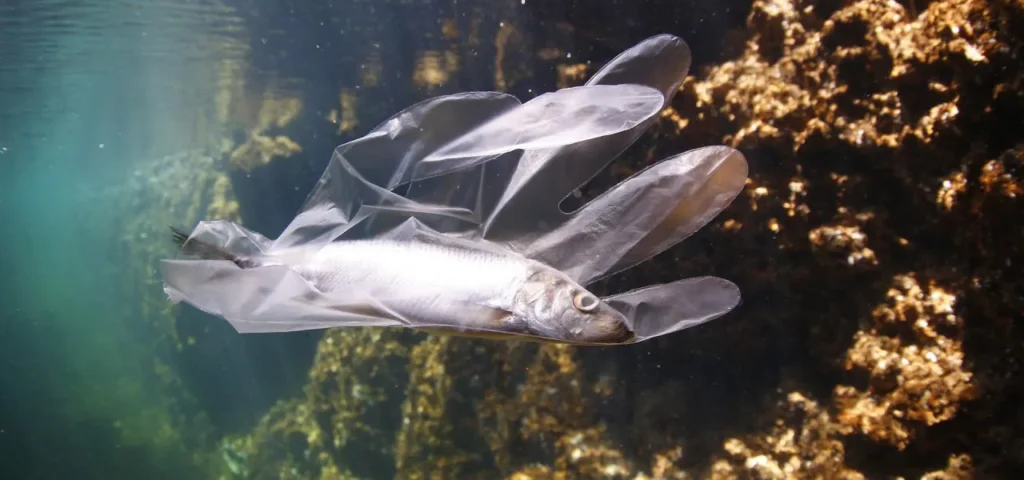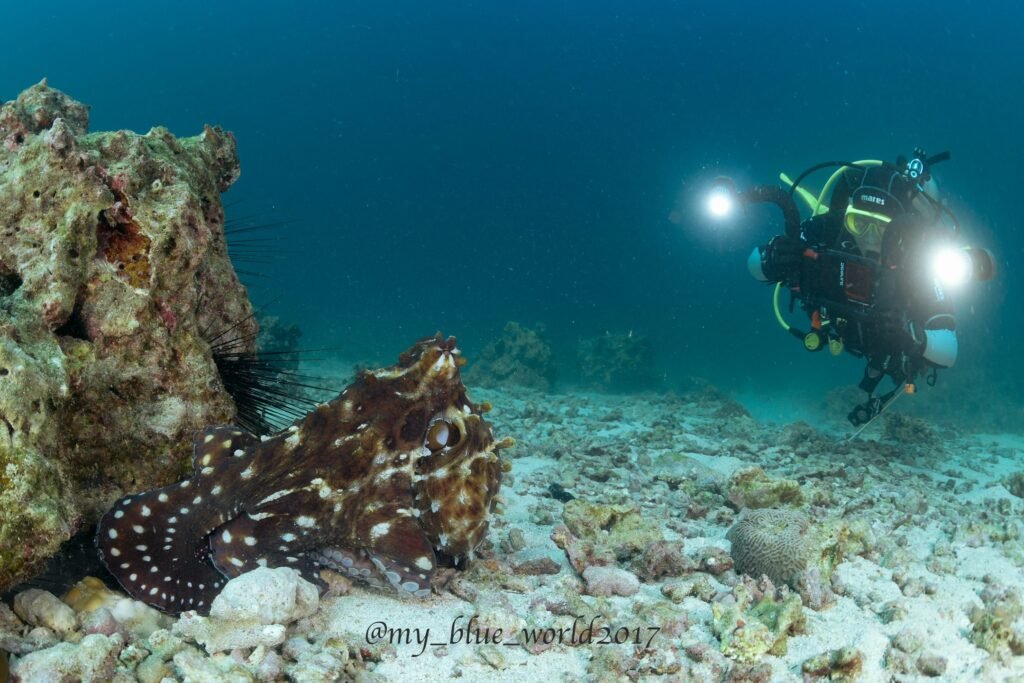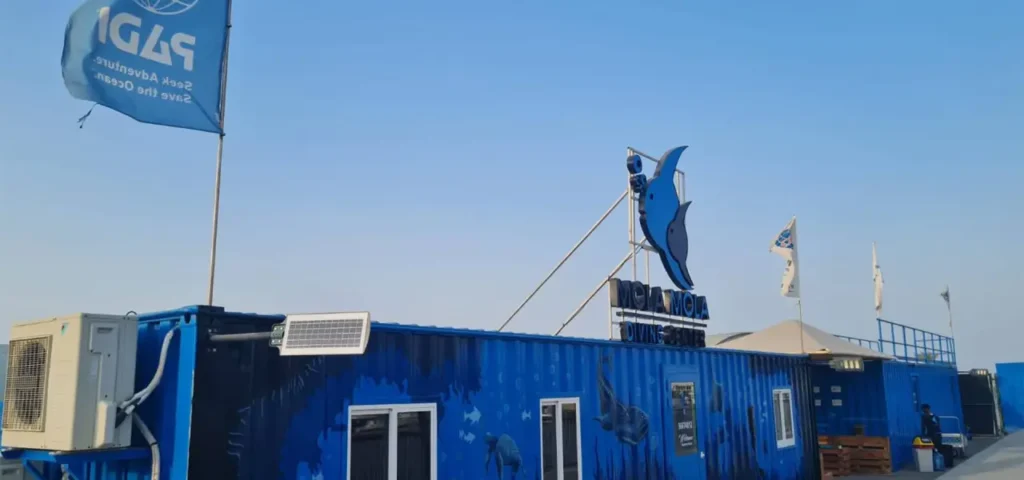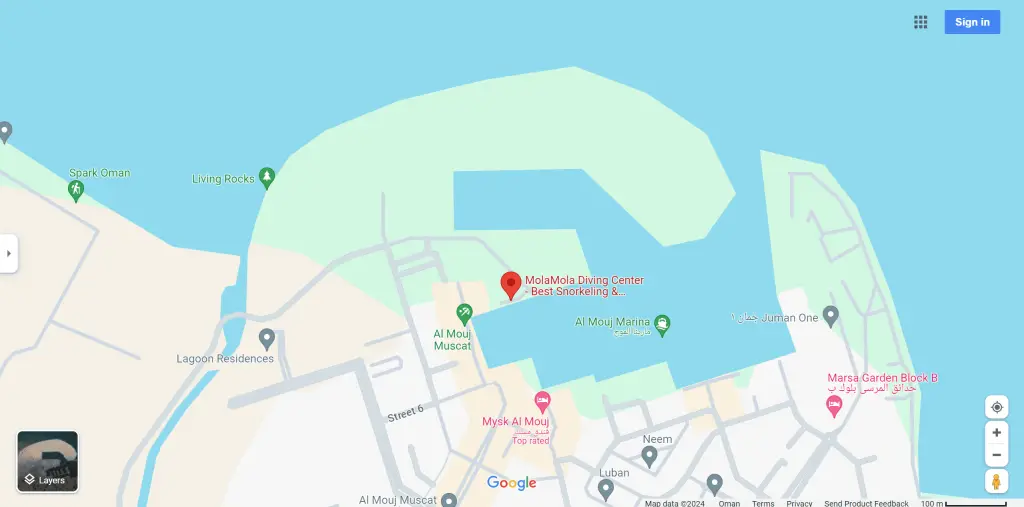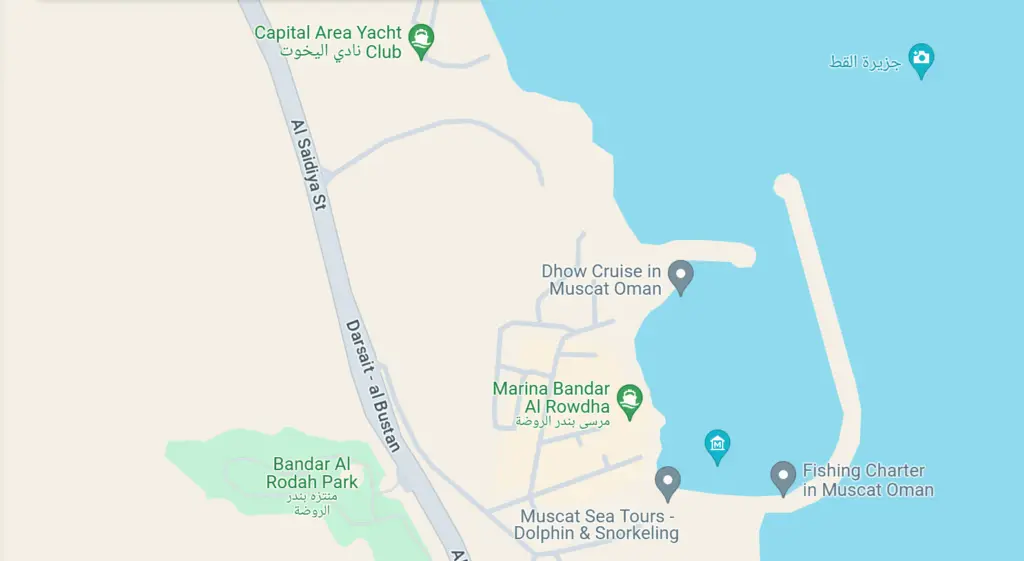Oman’s underwater charm: Snorkeling in Oman
Oman’s Underwater Charm: Snorkeling in Oman Today we saw the Jackson family – 5 turtles in one single spot. But that’s not it: we saw many turtles more, some parrotfishes, some cute little moray eels, some trumpetfishes, some pufferfishes, some butterflyfishes and of course some angelfishes. Their color ranges from blue to yellow, from orange to black, from green to red – its truly magical. But this is just a little part of Oman’s underwater charm – keep on reading to discover more. Swim with the Whalesharks Snorkeling in Oman offers you beautiful, colorful tropical fish and healthy corals. You can lots, lots, lots of turtles and if you are lucky, you might even be able to spot rays or Black tip sharks. Did you know that we even have a season for the Whalesharks here in Oman?From July to late September is the annual whale shark season in Oman. During this period, we spot them regularly in big groups. So, if you plan to join us on a trip during summertime, there is a high chance of spotting whale sharks on our way to the dive site in Daymaniyat island! And what’s better to do during the hot Omani summer than a swim in the water with these gentle giants? You Want to Go Deeper? Try Diving! And if you feel like going deeper after all your Snorkeling on the surface – don’t worry, we got you covered. You can even try Diving with us!If you feel comfortable enough during the Snorkeling, we will give you a little briefing about Scuba Diving, put you in the gear and we will take you down to about 7meters depths so you can go closer to your favorite marine life and enjoy breathing underwater for the first time. What do you think? Are you ready for Snorkeling in Oman with MolaMola Diving Center? Just write us a message today and we will make sure you will have the best day ever! Next Post

